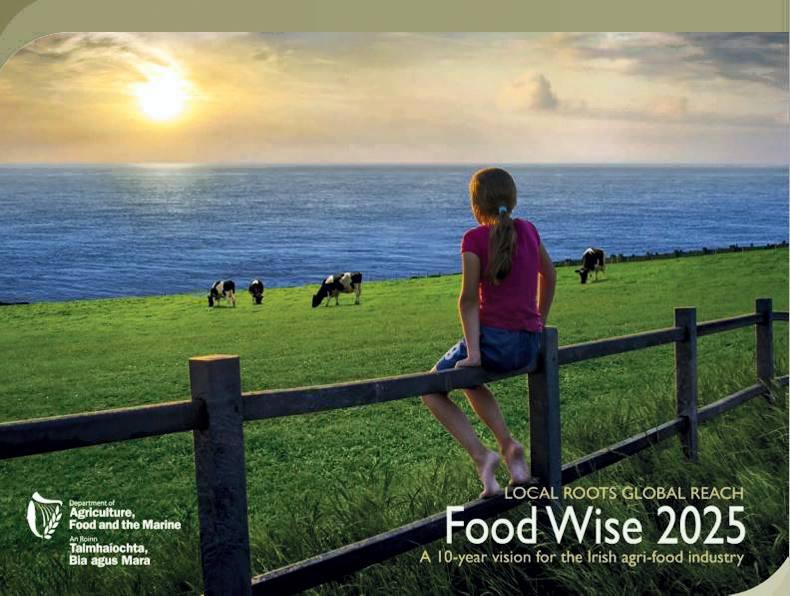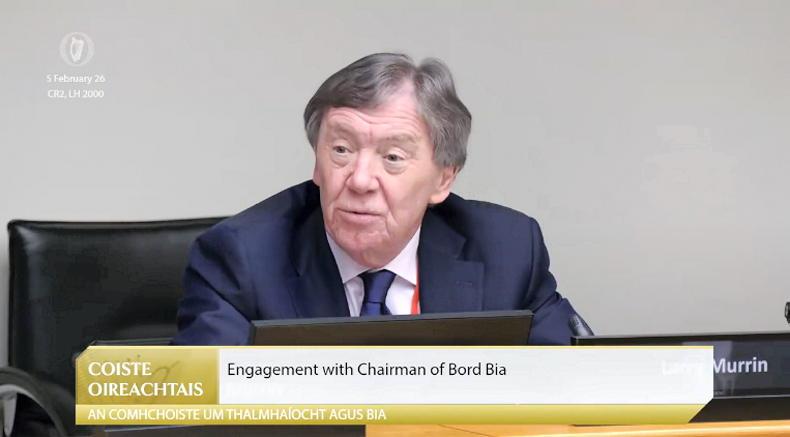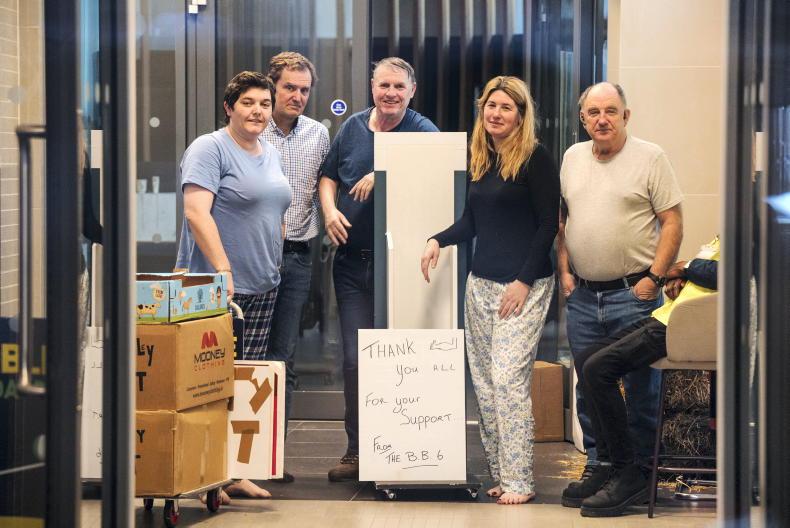Food Wise 2025, the successor to Food Harvest 2020, was launched earlier this year with an ambition to grow the country’s agri food exports to €19bn by 2025 while creating 23,000 new jobs for the sector.
On Thursday, the Department of Agriculture launched the implementation plan for Food Wise setting out a number of priority areas for an implementation group to carry out as well as a timeline to deliver on those areas.
Livestock
The livestock sector and its role in greenhouse gas emissions is a major part of the plan.
Dairy:Regarding the dairy sector, the Food Wise implementation plan said “cost benefit analysis in relation to mitigation measure for ammonia emissions should be undertaken”. There are also 17 individual targets for farmers and the industry to work towards. One such target is that dairy farmers will be tasked with a target of increasing grass utilisation by up 10t/ha.
Beef:For the beef sector, there will be research into the “potential reduction of methane generation from cattle” and how to plan a mitigation strategy. Beef farmers will have to continue to improve fertility levels and decrease calving intervals while Bord Bia has been tasked with increasing farmer participation in the beef Quality Assurance scheme to 90% by 2025.
Sheep:For the sheep sector, the plan that any policy development should “include a focus on managing overgrazing” near areas of “ecological importance”.
While for the tillage sector, minimum tillage techniques will be promoted and discussion groups for malting barley growers will be established to include “environmental and sustainable practices”
The implementation plan also focusses on the need for a revamp in agri education and advising Bord Bia to increase its marketing presence in west Africa and Asia.
Food Wise 2025, the successor to Food Harvest 2020, was launched earlier this year with an ambition to grow the country’s agri food exports to €19bn by 2025 while creating 23,000 new jobs for the sector.
On Thursday, the Department of Agriculture launched the implementation plan for Food Wise setting out a number of priority areas for an implementation group to carry out as well as a timeline to deliver on those areas.
Livestock
The livestock sector and its role in greenhouse gas emissions is a major part of the plan.
Dairy:Regarding the dairy sector, the Food Wise implementation plan said “cost benefit analysis in relation to mitigation measure for ammonia emissions should be undertaken”. There are also 17 individual targets for farmers and the industry to work towards. One such target is that dairy farmers will be tasked with a target of increasing grass utilisation by up 10t/ha.
Beef:For the beef sector, there will be research into the “potential reduction of methane generation from cattle” and how to plan a mitigation strategy. Beef farmers will have to continue to improve fertility levels and decrease calving intervals while Bord Bia has been tasked with increasing farmer participation in the beef Quality Assurance scheme to 90% by 2025.
Sheep:For the sheep sector, the plan that any policy development should “include a focus on managing overgrazing” near areas of “ecological importance”.
While for the tillage sector, minimum tillage techniques will be promoted and discussion groups for malting barley growers will be established to include “environmental and sustainable practices”
The implementation plan also focusses on the need for a revamp in agri education and advising Bord Bia to increase its marketing presence in west Africa and Asia.










SHARING OPTIONS